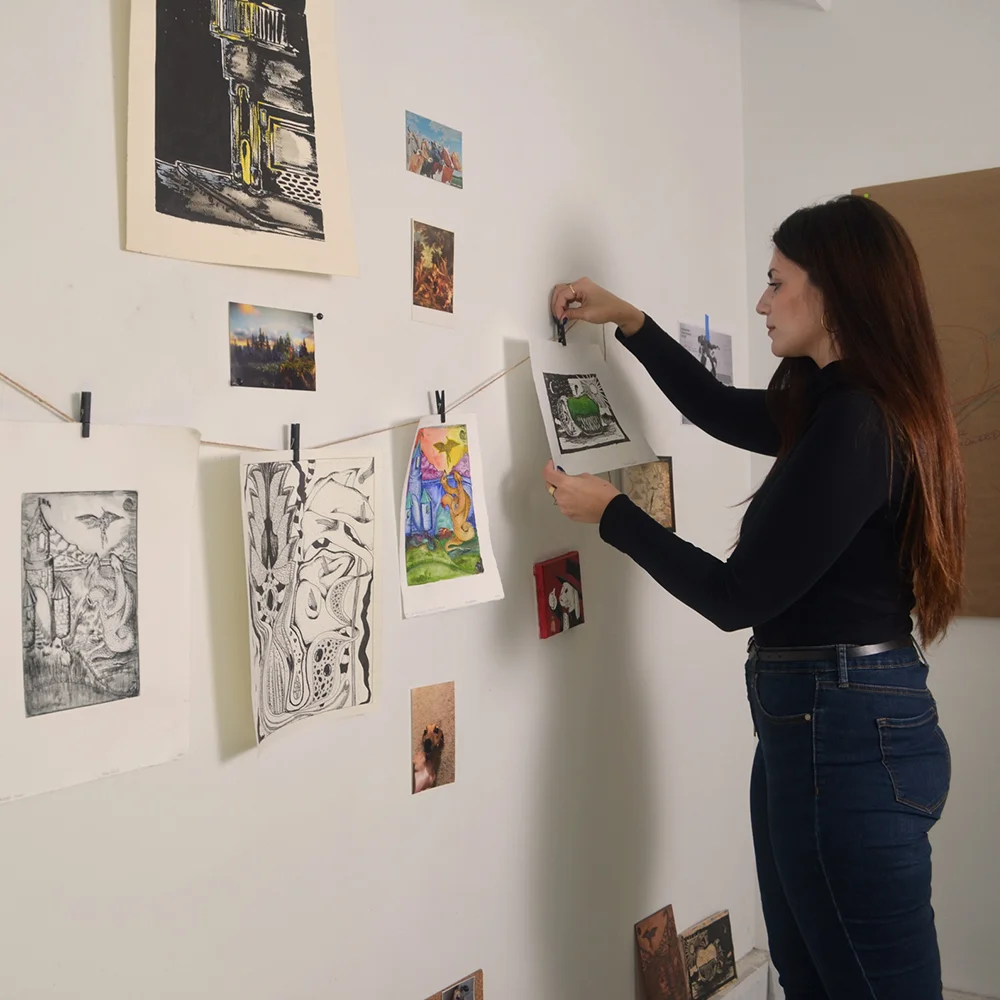Shape the Future of Art and Culture
Tyler’s nationally recognized MFA programs are immersive, research-driven, and attuned to the evolving landscape of contemporary art and culture. Our renowned faculty support critical practices—from poetic to political, ephemeral to enduring, community-based to gallery-focused—helping artists create work that resonates across audiences and contexts.









